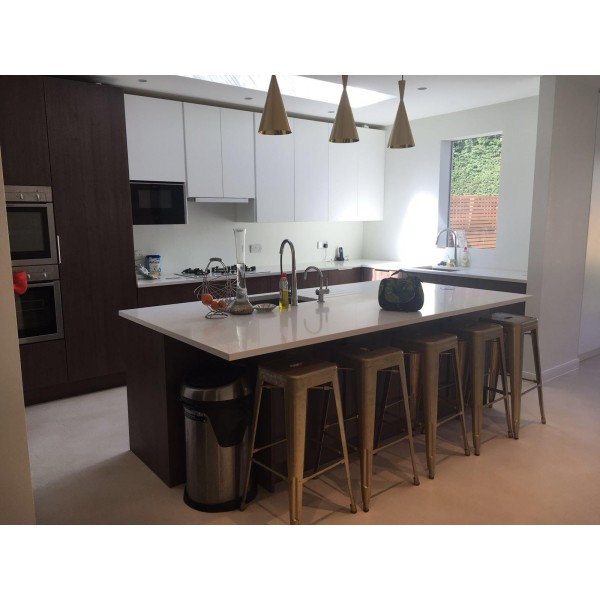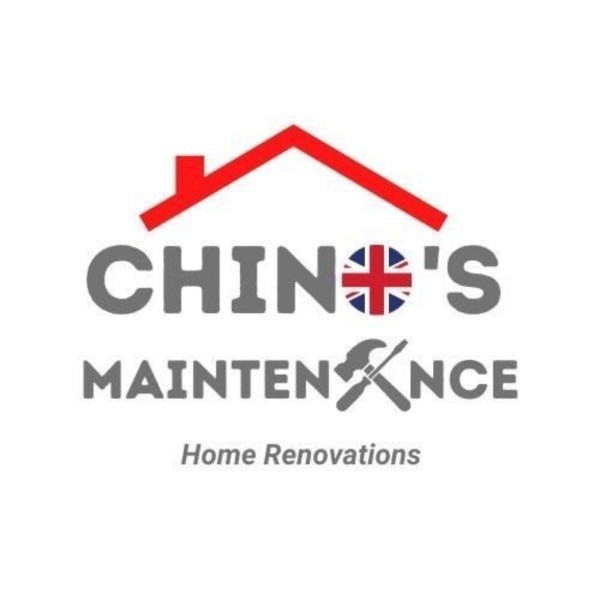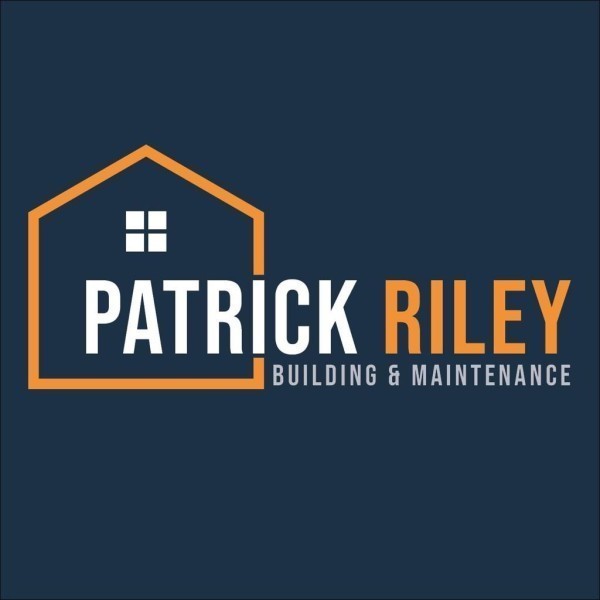Understanding the Role of Extension Builders in Sale
When it comes to enhancing your home, extension builders in Sale play a pivotal role. These professionals are skilled in expanding living spaces, adding value, and improving the functionality of homes. Whether you're looking to add an extra bedroom, a sunroom, or a larger kitchen, extension builders can turn your vision into reality. Let's delve into the world of extension builders and explore how they can transform your home.
The Importance of Home Extensions
Home extensions are a fantastic way to increase the space and value of your property. With the growing need for more room, whether due to a growing family or the desire for a home office, extensions offer a practical solution. They allow homeowners to stay in their beloved neighbourhoods while accommodating their changing needs.
Benefits of Home Extensions
- Increased Living Space: Extensions provide additional space without the need to move house.
- Enhanced Property Value: A well-executed extension can significantly boost your home's market value.
- Customised Living Areas: Tailor your home to suit your lifestyle and preferences.
- Cost-Effective: Often cheaper than buying a new home with the desired space.
Choosing the Right Extension Builder
Selecting the right extension builder is crucial to the success of your project. A skilled builder will ensure that your extension is not only aesthetically pleasing but also structurally sound and compliant with local regulations.
Key Considerations
- Experience and Expertise: Look for builders with a proven track record in similar projects.
- Reputation: Check reviews and ask for references to gauge the builder's reliability.
- Licensing and Insurance: Ensure the builder is licensed and insured to protect against any unforeseen issues.
- Communication: Choose a builder who communicates clearly and listens to your needs.
Planning Your Home Extension
Before breaking ground, careful planning is essential. This phase involves setting a budget, designing the extension, and obtaining necessary permits. A well-thought-out plan will help avoid costly mistakes and ensure a smooth construction process.
Steps in Planning
- Define Your Goals: Determine what you want to achieve with the extension.
- Set a Budget: Establish a realistic budget that includes a contingency fund for unexpected expenses.
- Design the Extension: Work with an architect or designer to create a plan that meets your needs and complements your existing home.
- Obtain Permits: Ensure all necessary permits are secured before construction begins.
Types of Home Extensions
There are several types of home extensions, each serving different purposes and offering unique benefits. Understanding these options can help you choose the best fit for your home.
Common Extension Types
- Single-Storey Extensions: Ideal for expanding ground floor living areas such as kitchens and living rooms.
- Double-Storey Extensions: Provide additional space on both ground and upper floors, perfect for adding bedrooms and bathrooms.
- Wrap-Around Extensions: Combine side and rear extensions to maximise space and create a seamless flow.
- Conservatories: Glass structures that bring in natural light and connect indoor and outdoor spaces.
Materials and Design Considerations
The choice of materials and design can significantly impact the look and feel of your extension. It's important to select materials that complement your existing home while meeting your functional needs.
Popular Materials
- Brick: Offers durability and a classic look that blends well with many homes.
- Timber: Provides a warm, natural aesthetic and is often used in eco-friendly designs.
- Glass: Maximises natural light and creates a modern, open feel.
- Steel: Used for structural support and contemporary designs.
Budgeting for Your Extension
Budgeting is a critical aspect of any home extension project. It involves estimating costs for materials, labour, permits, and unforeseen expenses. A well-planned budget helps keep the project on track and prevents financial strain.
Cost Factors
- Size and Complexity: Larger and more complex projects typically cost more.
- Materials: The choice of materials can significantly impact the overall cost.
- Labour: Skilled labour is essential for quality work but can be a significant expense.
- Permits and Fees: Include costs for necessary permits and inspections.
Managing the Construction Process
Once the planning and budgeting are complete, the construction phase begins. Effective management during this phase ensures the project stays on schedule and within budget.
Construction Management Tips
- Regular Communication: Maintain open lines of communication with your builder to address any issues promptly.
- Monitor Progress: Regularly check the progress to ensure it aligns with the timeline and quality standards.
- Stay Flexible: Be prepared for unexpected challenges and adapt as needed.
- Quality Control: Ensure all work meets your expectations and complies with regulations.
Ensuring Compliance and Safety
Compliance with building regulations and safety standards is non-negotiable. It ensures the safety of the construction process and the long-term integrity of the extension.
Key Compliance Areas
- Building Codes: Adhere to local building codes and standards.
- Safety Protocols: Implement safety measures to protect workers and residents.
- Inspections: Schedule regular inspections to ensure compliance at each stage.
- Documentation: Keep detailed records of all permits, plans, and inspections.
Post-Construction Considerations
After the construction is complete, there are several important steps to ensure your extension is ready for use and meets your expectations.
Final Steps
- Final Inspection: Conduct a thorough inspection to ensure all work is completed to your satisfaction.
- Address Snags: Identify and rectify any minor issues or defects.
- Documentation: Obtain all necessary completion certificates and documentation.
- Enjoy Your New Space: Once everything is in order, enjoy the benefits of your new extension!
Frequently Asked Questions
- How long does a typical home extension take? The duration varies depending on the size and complexity of the project, but most extensions take between 3 to 6 months.
- Do I need planning permission for a home extension? It depends on the size and location of the extension. It's best to consult with your local planning authority.
- Can I live in my home during the extension process? In most cases, yes, but it may be disruptive. Discuss this with your builder to understand the impact.
- What should I do if I encounter problems during construction? Communicate any issues with your builder immediately to find a resolution.
- How can I ensure my extension is energy efficient? Use energy-efficient materials and consider features like insulation and double glazing.
- What are the most common types of home extensions? Single-storey, double-storey, wrap-around extensions, and conservatories are popular choices.
Final Thoughts on Extension Builders in Sale
Extension builders in Sale offer invaluable expertise in transforming homes to meet evolving needs. By understanding the process, choosing the right builder, and planning carefully, homeowners can enjoy a seamless extension experience. With the right approach, a home extension can provide the perfect blend of additional space, enhanced value, and personal satisfaction. So, if you're considering expanding your home, take the plunge and explore the possibilities with confidence!
























